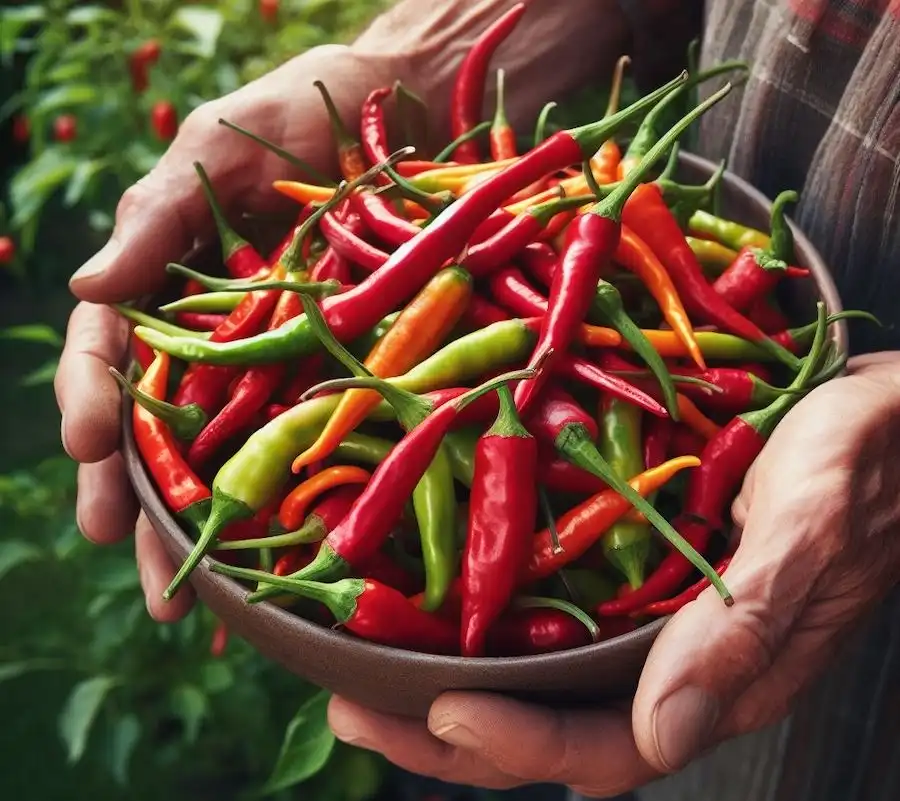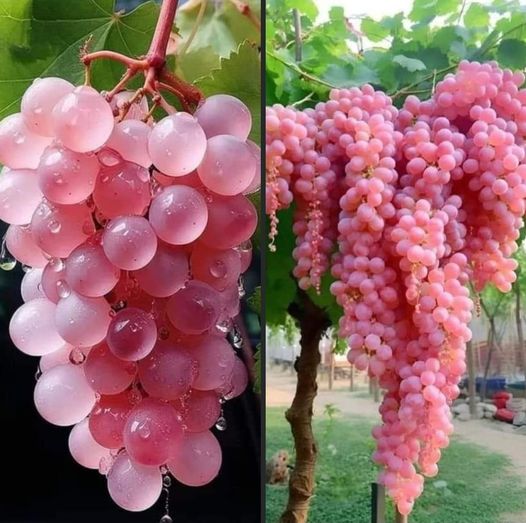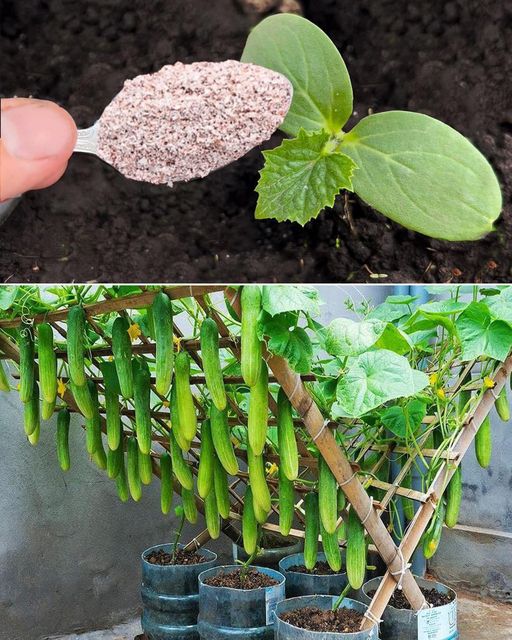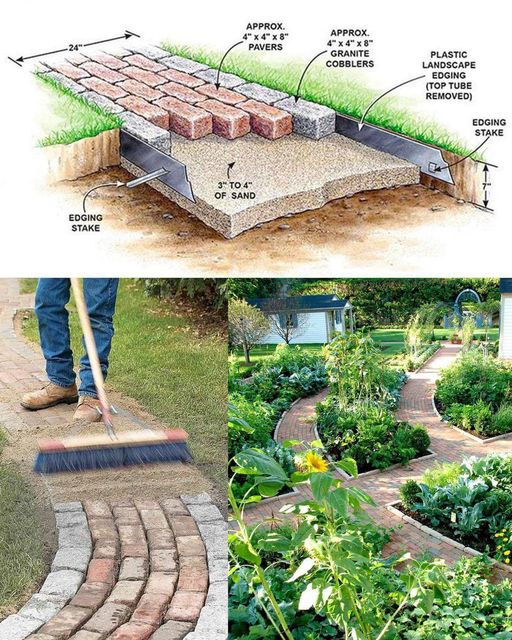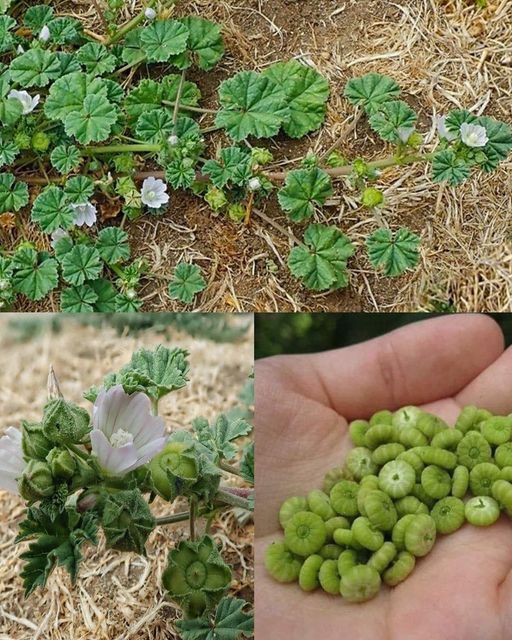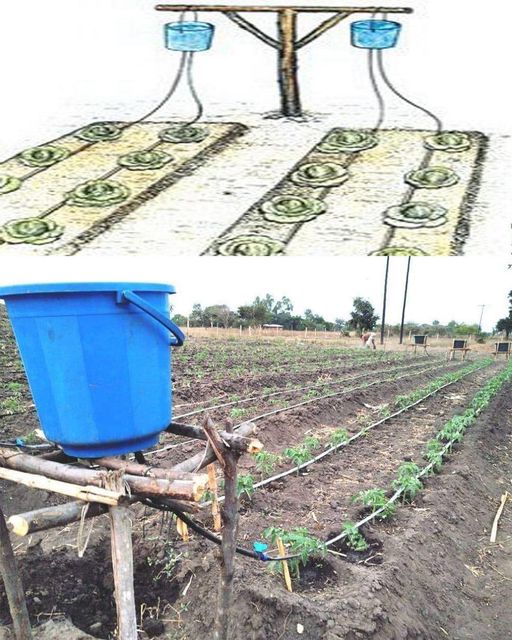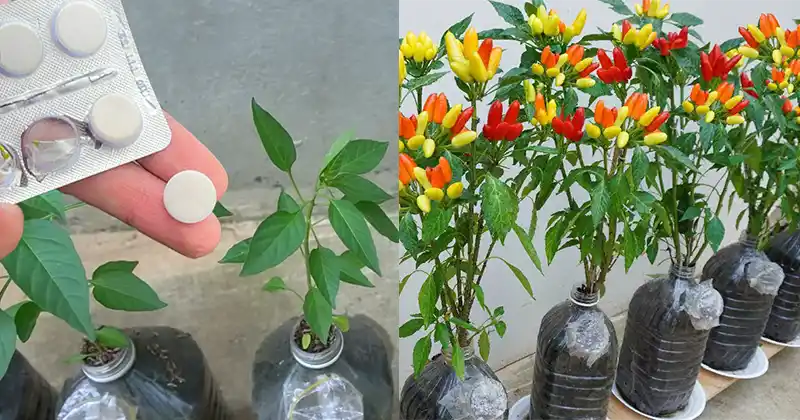
If you’re looking to spice up your gardening experience, why not try growing chili peppers at home? In this friendly guide, we’ll walk you through the essential steps and tips for successfully cultivating chili peppers in containers. And we even have a unique twist for you involving vitamin B complex to give your plants a boost!
Selecting the Right Containers
When choosing containers for your chili pepper plants, opt for ones that have enough depth and drainage holes to accommodate their root systems. A container with a capacity of at least 5 gallons is recommended for robust growth and healthy plants.
Preparing the Soil
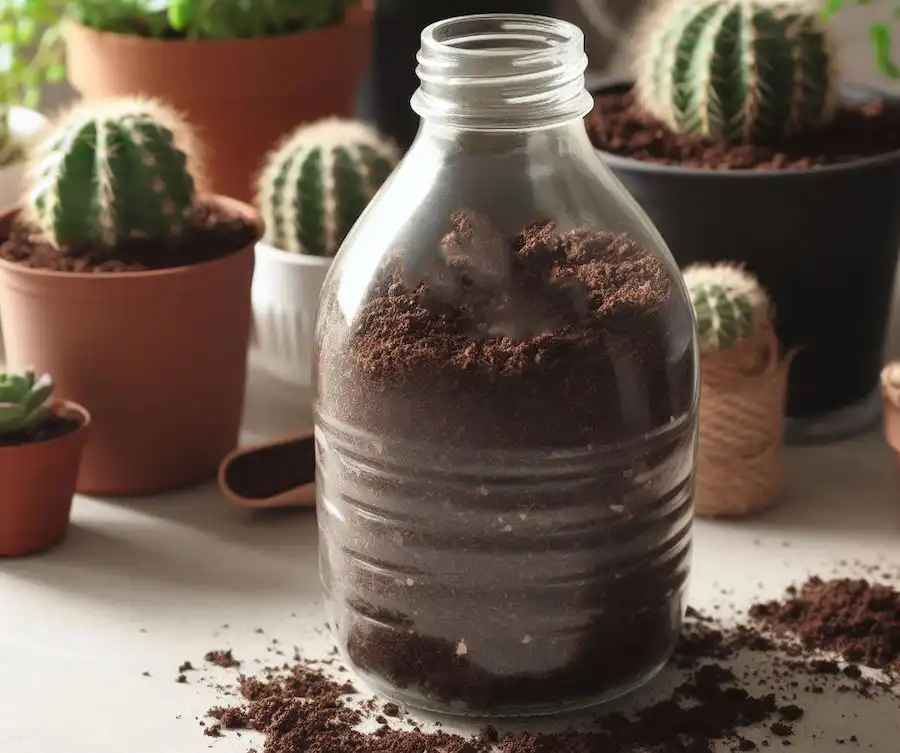
To ensure your chili peppers thrive, use a well-draining potting mix enriched with organic matter. Chili peppers prefer slightly acidic to neutral soil conditions. You can enhance the fertility of the soil by incorporating compost, creating a nutrient-rich environment for your plants.
Planting Chili Pepper Seeds
Start by planting your chili pepper seeds in the container, following the recommended spacing on the seed packet. Remember to place the containers in a sunny location, as chili peppers love basking in full sunlight.
Watering for Success

One of the key aspects of growing chili peppers is providing them with consistent moisture. This is especially important during the flowering and fruiting stages. However, be careful not to overwater, as chili peppers are prone to root rot. A good rule of thumb is to water deeply when the top inch of soil feels dry.
Fertilizing the Right Way
To ensure healthy plant development, apply a balanced, water-soluble fertilizer or one specifically designed for peppers. Follow the recommended application rates to provide your plants with the essential nutrients they need.
And here’s our unique twist to boost your chili pepper growth: Vitamin B Complex!
Vitamin B Complex Boost
- Dissolve a vitamin B complex tablet in water according to the package instructions.
- Apply the solution to the soil or use it as a foliar spray.
- Vitamin B complex is believed to support overall plant health and may contribute to increased fruit production.
Please note: While some gardeners enjoy experimenting with unconventional methods, it’s essential to approach them cautiously. Before applying any unconventional supplements to your entire garden, conduct small-scale tests and be aware of potential risks.
In Conclusion
Growing chili peppers at home is not only a flavorful addition to your gardening endeavors, but it’s also a fun and rewarding experience. By following these tips, you can create a thriving container garden for your chili pepper plants. And don’t forget to experiment cautiously with unconventional methods, such as vitamin B complex supplementation, to enhance the vibrancy and productivity of your plants. Happy gardening!
